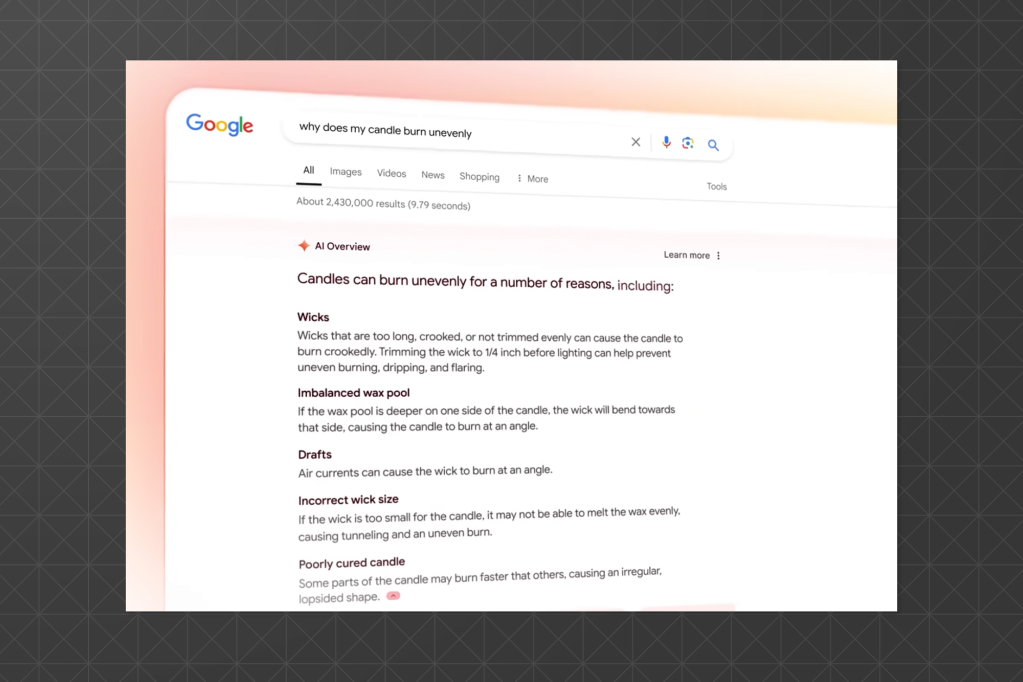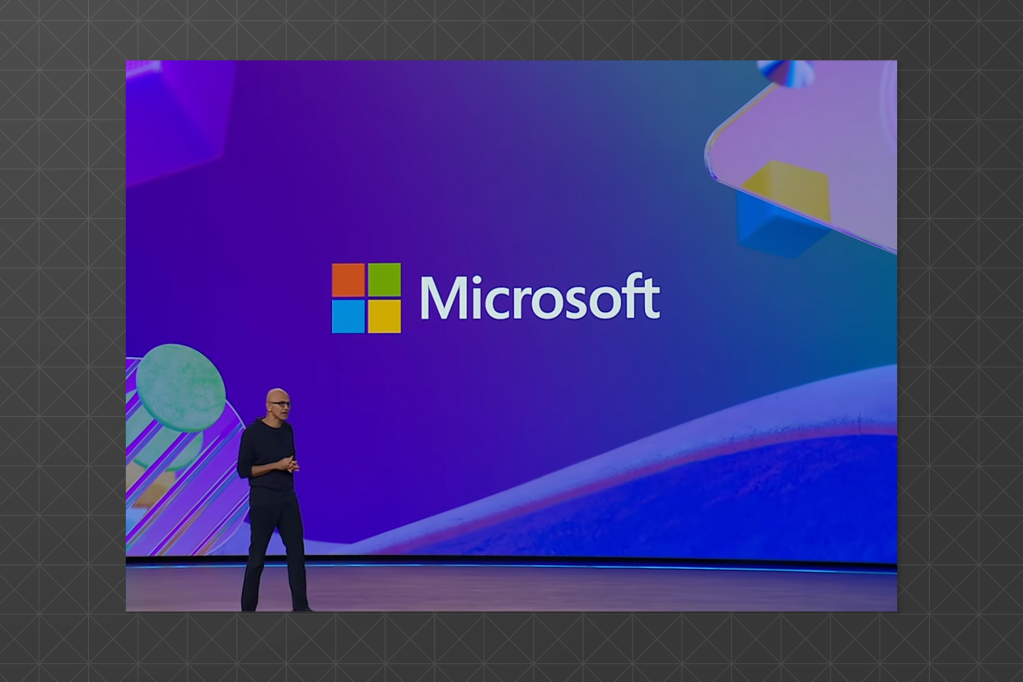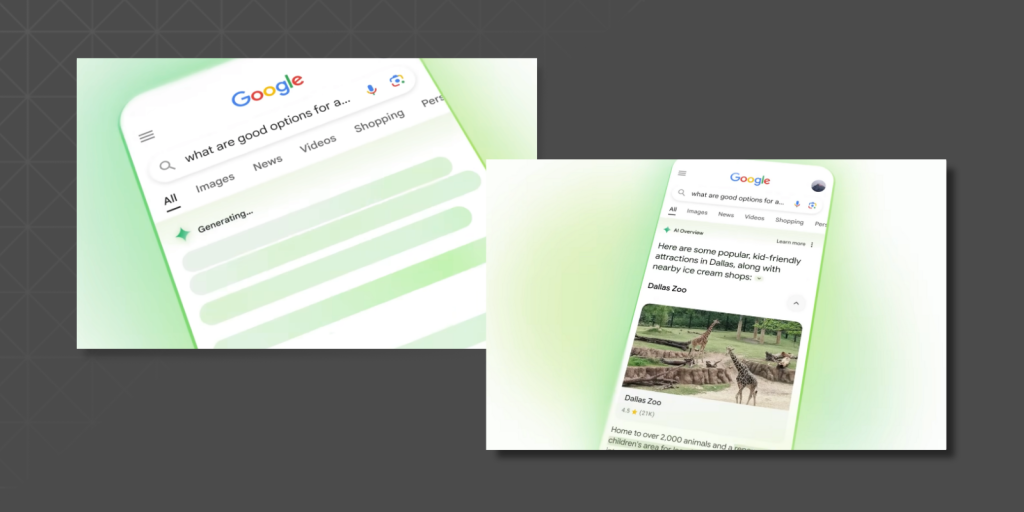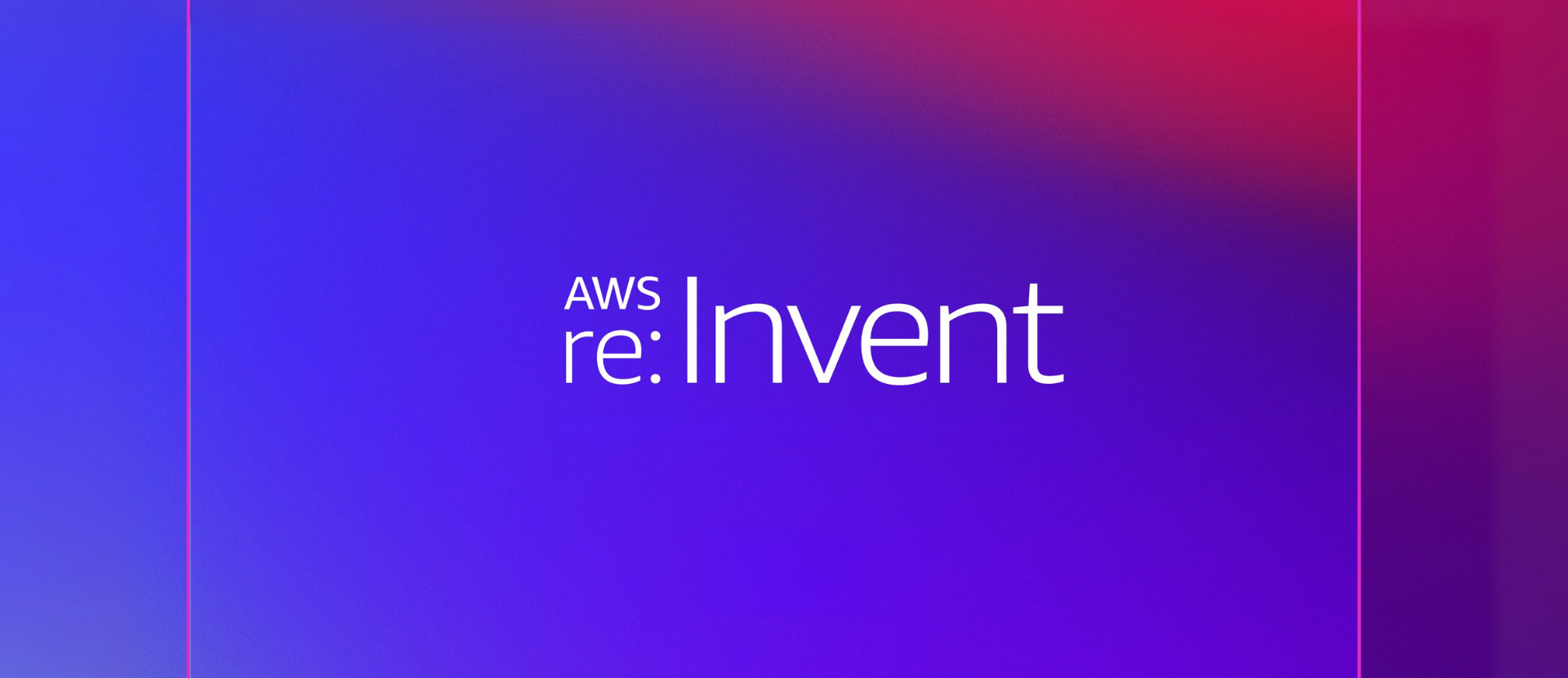Welcome to your go-to source for the latest AI advancements. This week, we cover Google’s comprehensive AI-driven redesign of its search engine, Microsoft’s new AI-powered features in Windows, including an advanced paste function, and Truecaller’s collaboration with Microsoft to provide personalized AI voice responses.
Google Redesigns Search with AI at the Core
Google is transforming its search engine by integrating AI into almost every aspect of the search process. Announced at the Google I/O developer conference, the new features aim to enhance user experience and efficiency.

AI Overviews: These AI-generated summaries appear at the top of search results, offering concise answers, quick insights, and relevant links.
Visual and Video Search: Upgraded Google Lens now supports video searches, allowing users to capture and search through video content.
Automated Planning Tools: AI-driven tools can generate detailed plans, like trip itineraries or meal plans, from a single query.
Dynamic Results Organization: AI organizes search results intuitively, categorizing options based on user context, such as restaurants for different occasions.
Localized Search Enhancements: Google’s Gemini AI combines Knowledge Graph data with web information to provide detailed, localized search results.
Liz Reid, Google’s head of Search, emphasizes that AI will handle complex searches, allowing users to focus on their tasks. Simple navigational queries will remain straightforward without additional AI intervention.
Microsoft Build 2024: AI Innovations Unveiled
At Microsoft Build 2024, the company unveiled several AI-driven features and tools, showcasing their commitment to embedding AI across their platforms:
Copilot AI Agents: Autonomous agents in Copilot can act as virtual employees, handling tasks such as monitoring emails, automating processes, and aiding in employee onboarding. This capability will be available in Copilot Studio later this year.
Phi-3-Vision: A compact, multimodal AI model capable of reading text and analyzing images, designed to work on mobile devices. Phi-3-vision is part of Microsoft’s Phi-3 family of models.
Edge Video Translation: The Microsoft Edge browser will soon feature AI-powered real-time video translation, allowing users to dub videos on platforms like YouTube and LinkedIn in various languages.
Snapdragon Dev Kit: Qualcomm’s new compact $899 Snapdragon Dev Kit for Windows, featuring a Snapdragon X Elite chip, offers significant performance for developers.
Git Integration in File Explorer: Microsoft is integrating Git into File Explorer, allowing developers to manage their coding projects directly from the file system browser. File Explorer now also natively supports 7-zip and TAR compression.

Windows Introduces AI-Powered Advanced Paste
Microsoft has added an AI-powered Advanced Paste feature to PowerToys for Windows 11, designed to enhance the clipboard functionality with real-time AI conversions. This feature is included in PowerToys version 0.81 and can be activated using the Windows Key + Shift + V shortcut.
Users can convert clipboard content on the fly, such as translating code from one language to another, summarizing text, or transforming writing styles. The Advanced Paste window offers multiple formats, including plaintext, markdown, and JSON. Users must enable Paste with AI in the settings to utilize AI features, enter an OpenAI API key, and purchase API credits if needed.
Truecaller Partners with Microsoft for AI-Powered Personalized Voice Responses
Truecaller, known for its caller ID services, is partnering with Microsoft to introduce an AI-powered Assistant that answers calls using users’ voices. By leveraging Microsoft’s Personal Voice technology, Truecaller’s Assistant can replicate users’ voices to greet and respond to callers.
Users simply record a short script to create a digital copy of their voice, which the Assistant uses to manage calls, screen unknown numbers, take messages, and even record calls. This feature is rolling out over the next few weeks in several countries, including the U.S., Canada, Australia, South Africa, India, Sweden, and Chile, starting with public beta users before becoming available to all users in eligible markets.
Keep ahead of the curve – join our community today!
Follow us for the latest discoveries, innovations, and discussions that shape the world of artificial intelligence.


